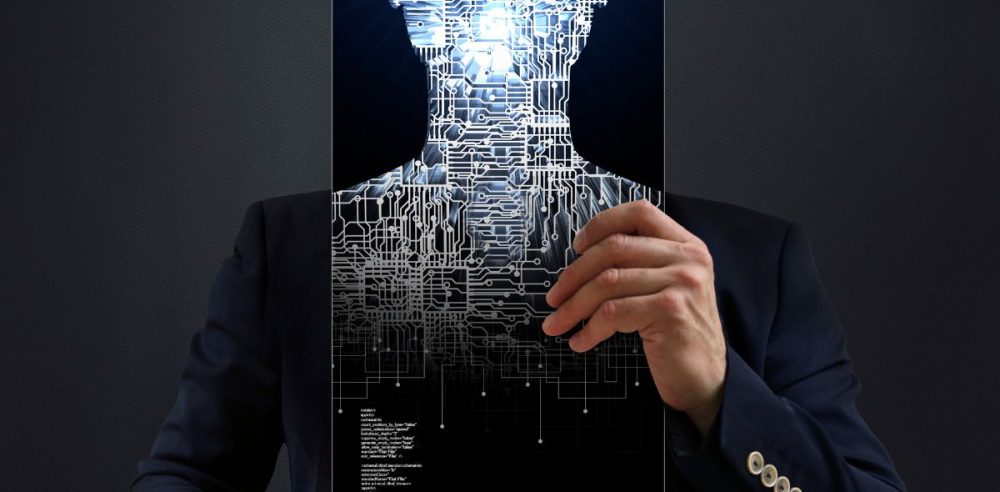With all that is artificial, from intelligence to food, the question must be asked: As that which is artificial continues to be perfected, will humans begin to subscribe to an altered reality where what is real is considered archaic and what is manipulated is seen as the standard?
And what is the cost of such an alteration?
The answer: the suppression of genuine expression.
The anomalies found in the occasional stutter, the loss of a word, an inkblot upon the page, or an unsteady stroke of the paintbrush, to name a few, might disappear.
The unexpected would be lost to the perfected.
Artificial intelligence programs are currently being built with human error tendencies to mimic different personalities, from the moody teenager to the overthinking mother to the hot-headed boss.
Think about this: Artificial intelligence is inserting imperfections into its programming to be more humanlike, and this effort is also being perfected.
And so, it continues.
What is programmed becomes a tool to achieve flawlessness, even in executing set humanlike abnormalities.
Ironically, unlike artificial intelligence, humans will never reach the status of being flawless because of our imperfections.
Experts are now cautioning that AI is nearing a stage where it can function independently, making choices without human oversight. As these systems enhance themselves, humans may find it more challenging to disconnect unless we disconnect the system.
So, what is more valuable? Better put, which do you place more value on? The ability to artificially enhance or the ability to organically advance?
Perhaps you believe balance is key, and maybe this is the ideal answer. However, a quick look at society shows that we naturally struggle with balance: We overeat, overthink, overwork, and overexert.
Some people are so “over” other people that they would rather trust AI for friendship than labor to find a friend. After all, it is very difficult to cultivate relationships in today’s world.
Others would instead read an AI-generated book synopsis than take the time to read 400 pages or even two pages.
Even more, it appears people would prefer to have AI write their emails and papers instead of developing fundamental writing and research skills.
Is it possible that AI is creating an ever-increasingly smarter brain for the human race to suckle upon?
If this is true, are humans using less and less brain power, atrophying what makes us unique?
Could our personality quirks, the words we think but never speak, the creative bent that life has yet to successfully straighten, our loves and hates, outbursts and spontaneity, and even our faith in self, others, and God be hushed under the rising voice of AI?
Will the robot become the teacher? And will humans fall in line as machinelike students?
These questions are meant for serious contemplation, as AI is already further along than you think, literally and figuratively.
This column was initially published by CherryRoad Media. ©Tiffany Kaye Chartier.


